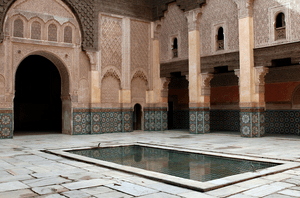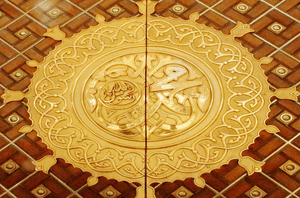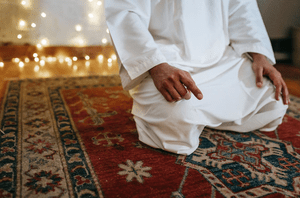Ṣalāh is a unique act of worship involving every one of our body parts. Every requirement and component of ṣalāh has its own impact, its own flavour and experience. Every action and statement have their own form of servitude (ʿubūdiyyah) to Allah (ʿazza wa jall). The journey through ṣalāh is remarkable. Each part is a unique milestone, bringing its own sweetness (ḥalāwah) and joy.
Ṣalāh combines the recitation of the Qur’ān, dhikr and duʿā’. Each one of these is an extremely praiseworthy act of worship outside of ṣalāh. Ṣalāh, however, combines all three acts in one setting. Moreover, ṣalāh is an act where you simultaneously worship Allah (ʿazza wa jall) using your tongue, body and heart.
Ṣalāh differs from fasting, zakāh and ḥajj in that we are obligated to perform ṣalāh every day; not once but five times. Praying five times a day allows us to renew our pledge to Allah (ʿazza wa jall) five times a day. As humans, we immerse ourselves in this world and, therefore, tend to forget Him. As soon as we are about to drown in our heedlessness (ghaflah), ṣalāh intervenes, offering a lifeline that pulls us swiftly out of it. The sins perpetrated in between the prayers take us away from Him, harden our hearts and stop us from being true slaves. Ṣalāh is, therefore, our ‘spiritual cleanser’, expiating the sins committed between two prayers.
This chapter will take you on a journey through ṣalāh, exploring the secrets and significance of each posture, along with their various adhkār.






